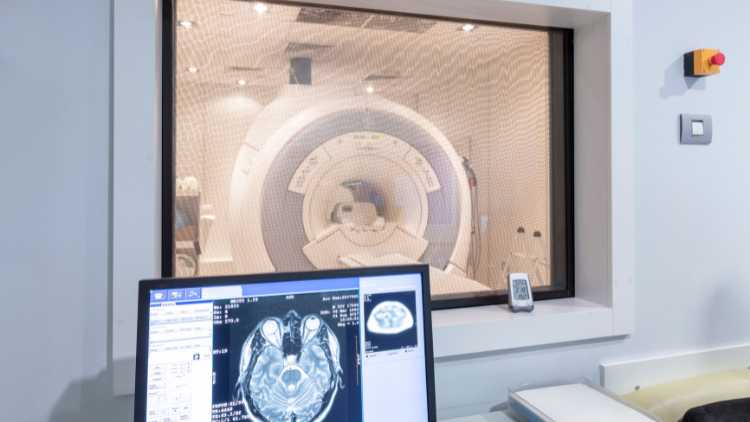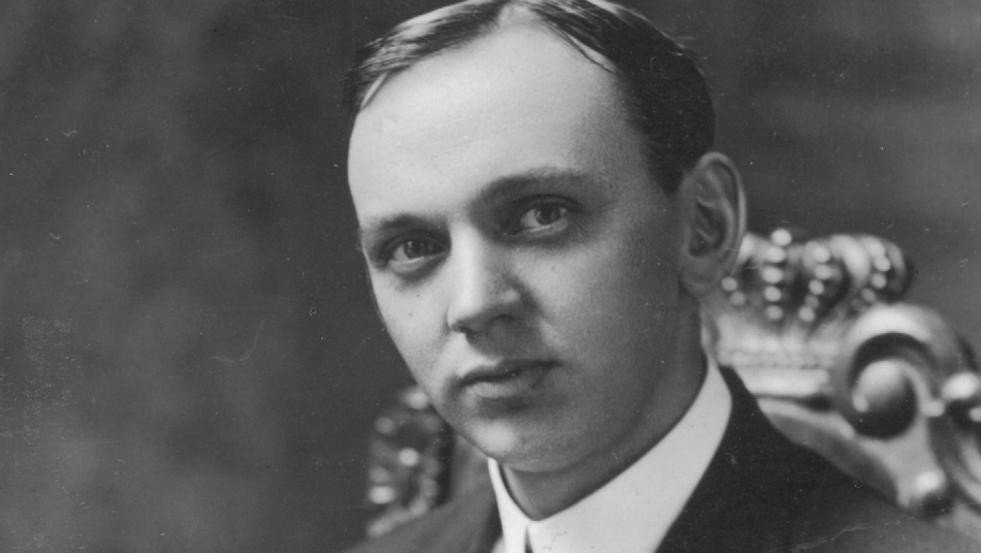The Role and Purpose of Symbolism in Dreams

The Role and Purpose of Symbolism in Dreams
In the realm of dreams, there exists a cosmos of symbolism that is as intriguing as it is enigmatic. Dreams, and the symbolism they carry, often blur the boundary between the conscious and unconscious mind, opening a unique window into our internal landscape. But what is the purpose of this surreal symbolism? What role does it play in our psyche?
The Language of the Unconscious
Dreams, by their very nature, are primarily visual and experiential. They employ a distinct language, a complex system of symbols, which is vastly different from the spoken or written word. We usually dream in pictures, and these pictures, or symbols, are not randomly chosen (Rarely, we dream in tastes, scents, textures and emotions. Although some do). Instead, they are meticulously selected by our unconscious mind to represent thoughts, feelings, and experiences that are not easily conveyed through language.
A Bridge Between Conscious and Unconscious
One of the most critical roles of symbolism in dreams is to create a bridge between our conscious and unconscious mind. Symbolism serves as a form of communication that allows the unconscious mind to express what the conscious mind may not yet understand or acknowledge.
For instance, if you dream of a locked door, it might symbolize an inaccessible opportunity or a problem you are unable to resolve. This symbolism can reveal your subconscious feelings of frustration, restriction, or a longing for change.
An Emotional Outlet
Dream symbolism often provides an outlet for emotions that we may suppress or are unable to articulate in our waking lives. The imagery that pops up in our dreams, be it of turbulent seas or peaceful meadows, can reflect the emotional state of our inner selves.
Dreams and their symbolism offer a safe space for us to explore these emotions. They can help us acknowledge feelings of anger, sadness, or fear that we might not confront directly in our waking lives.
A Catalyst for Self-Reflection and Growth
Symbolism in dreams can prompt self-reflection and personal growth. These symbolic images and scenarios can compel us to evaluate our values, relationships, and personal circumstances. For instance, dreaming of a road can symbolize life's journey and the direction we're heading. The road's condition can represent the challenges and obstacles we face.
The consistent exploration of these symbols can foster an understanding of our fears, aspirations, and personal dynamics, aiding in personal development.
A Tool for Problem-Solving
Interestingly, symbolism in dreams can also play a role in problem-solving. Many scientific breakthroughs, inventions, and creative insights have been born in dreams. Nobel laureate Otto Loewi, for example, dreamt of the experiment that would prove his theory of chemical transmission of nerve impulses, revolutionizing our understanding of the nervous system.
How did this occur? Our subconscious mind continues to work on problems even while we sleep, and it communicates the solutions or insights through symbols. These dream symbols can represent complex concepts in a digestible and intuitive form.
Unraveling the Symbolism
Dream symbolism is subjective, personal, and heavily influenced by our individual experiences and cultural backgrounds. It is, therefore, necessary to interpret the symbolism in our dreams within the context of our own lives. Approaches such as psychoanalysis and cognitive therapy can aid in this process, helping us understand our subconscious thoughts and feelings better.
Remember, Symbolism in dreams is a subjective and multifaceted phenomenon. While we can seek guidance from dream dictionaries and theories, ultimately, the most profound insights come from our personal interpretations and understandings.
Symbolism in dreams serves as a vibrant, visual language that helps us navigate the labyrinth of our subconscious mind. It enables the conscious and unconscious mind to converse, offers emotional release, propels self-reflection, and aids in problem-solving. Hence, paying attention to our dream symbolism can provide valuable insights into our internal landscapes, facilitating personal growth and psychological well being.
Promoting Health and Healing
Dream symbolism is not just a tool for introspection and understanding. It can also play a crucial role in promoting health and healing. Dreams may symbolize physical health issues before they become apparent in waking life. For example, a dream of losing teeth may symbolize anxiety, but it might also indicate a need for dental checkup or reflect concerns about physical appearance and self-image.
Furthermore, by providing an outlet for suppressed emotions and a means for self-reflection, dreams can contribute to overall psychological health. The process of identifying, interpreting, and coming to terms with the symbolism in our dreams can be therapeutic, aiding in resolving internal conflicts, reducing stress, and promoting emotional healing.
Cultural and Universal Symbolism
While much of dream symbolism is unique to the individual, certain symbols and themes seem to crop up in the dreams of people across different cultures and periods, suggesting the existence of universal symbols. Such symbols might be rooted in shared human experiences or collective unconscious, as proposed by Carl Jung.
For instance, water is often seen as a symbol of the unconscious mind and emotions, while animals may represent basic drives and instincts. Understanding these universal symbols can provide another layer of depth to dream interpretation.
Innovation and Creativity
As we've touched on earlier, the symbolism in dreams can lead to major breakthroughs, and it can also inspire creativity. Artists, writers, and musicians often draw on their dreams for inspiration. Surrealist artist Salvador Dalí, for instance, used his dream imagery as direct inspiration for his paintings.
The symbols and scenarios that arise in dreams can be uniquely novel and creative, offering a rich source of material for creative endeavors. They can help us think outside the box and see things from new perspectives.
In conclusion, the symbolism in dreams serves many roles and purposes. From revealing hidden emotions and desires, aiding in problem solving, to fueling creativity, these symbols are the language of our unconscious mind. They provide a unique window into our inner world, one that we can learn to understand and appreciate.
By attending to these dream symbols and making an effort to decipher their meanings, we can unlock the wisdom of our unconscious mind, leading to greater self-understanding, personal growth, and psychological well being. After all, as Sigmund Freud stated, "Dreams are the royal road to the unconscious." And this road is paved with a rich tapestry of symbols, waiting to be explored and understood.
Interested in symbolism? Read about animal symbolism HERE
HOME
Looking for somewhere to host your website, courses, online classes, books, blogs, memberships, products and mailing lists - all in one place? Check out Ezycourse HERE





